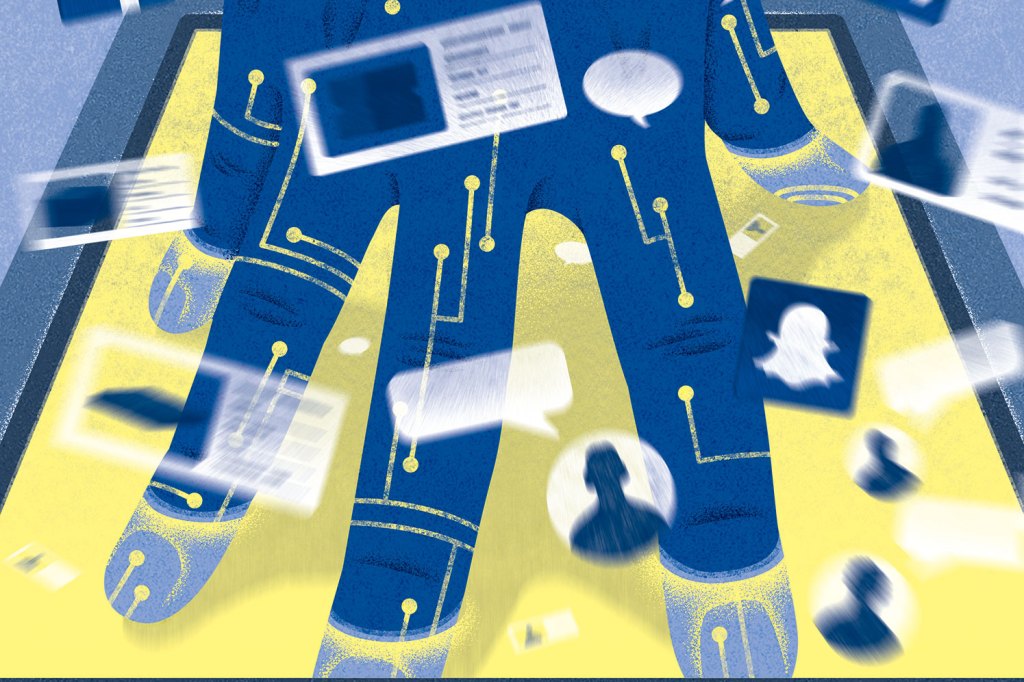Editor’s note: This piece ran as a sidebar for the Sales Rep 2.0 feature in the ProSales August-September issue.
She was one of the best sales reps I ever hired: A whiz with numbers, a master of the sales close, and a smile that melted hearts. But Sally also had a secret: She was hopeless at writing.
Sally (not her real name) is among the roughly 10% of the population with a language-based learning disability such as dyslexia. The National Center for Education estimates that one out of 20 adults is “nonliterate.” Many of these people were your peers who dropped out of high school. Others, meanwhile, have flourished, sometimes by finding jobs that emphasized emotional intelligence and speaking skills—talents that traditionally made for a good LBM sales rep.
When I asked a half dozen sales experts about the possibility many OSRs have dyslexia or related reading and writing disabilities, all said the thought never occurred to them. And all of them added that they know lots of sales reps who are bad at spelling and writing. Successful people with these disabilities often learn coping mechanisms. Tech advances have been a big help: People “read” audio books, use voice-dictation systems to “write” memos, and employ software that sounds out text so the writer can hear errors.
But that still leaves a gap with reading, particularly the technical stuff that’s unlikely to become an audio book or YouTube video.
All the sales experts interviewed for this story said it’s more important than ever for reps to be able to go online and learn about customers as well as find solutions to customers’ problems. Increasingly, it seems being able to read—and read quickly—could become a key factor in whether the Sallys of the sales world succeed.


